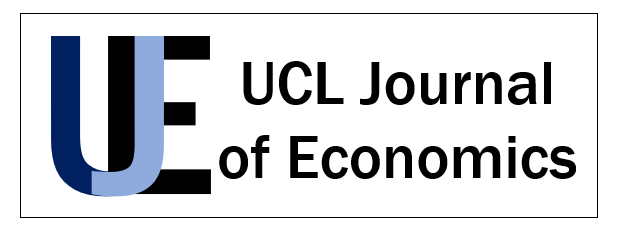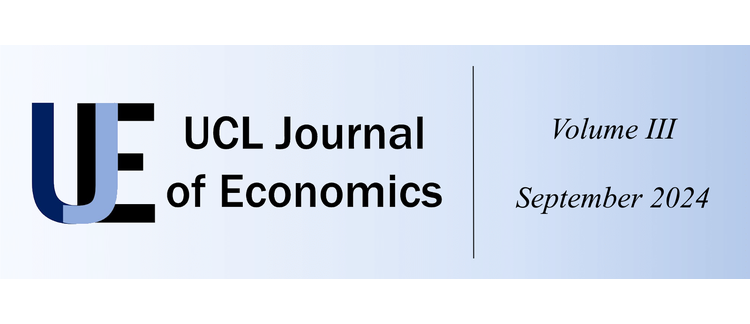Abstract
Since the late 1990s microfinance policies have gained significant momentum in Sub-Saharan Africa to promote financial inclusion and alleviate poverty. Additionally, the widespread adoption of mobile technology and increased access to the internet over the last decade has meant that FinTech has played a major role in reshaping the financial industry. There is still conflicting research analysing the impact of digital microcredit programs on poverty. This has motivated us to examine this topic further. This study delves into the impact of a digital microcredit program on poverty, focusing on the M-Shwari program implemented in Kenya. Our findings differ from the existing literature as we see the need for differentiating between the short-run (income) and long-run (asset value). We find a net positive and significant effect of digital microcredit on the value of assets.
Keywords: Microcredit, Microfinance, AI, Development Economics, Digitalisation
How to Cite:
Rastogi, S., Pal, A., Lim, J. H. & Patra, S., (2024) “Examining the Impact of Digital Microcredit Programs on Borrower Poverty: Evidence from the M-Shwari Program in Kenya ”, UCL Journal of Economics 3(1). doi: https://doi.org/10.14324/111.444.2755-0877.1923
Downloads:
Download PDF
View PDF
1728 Views
179 Downloads

